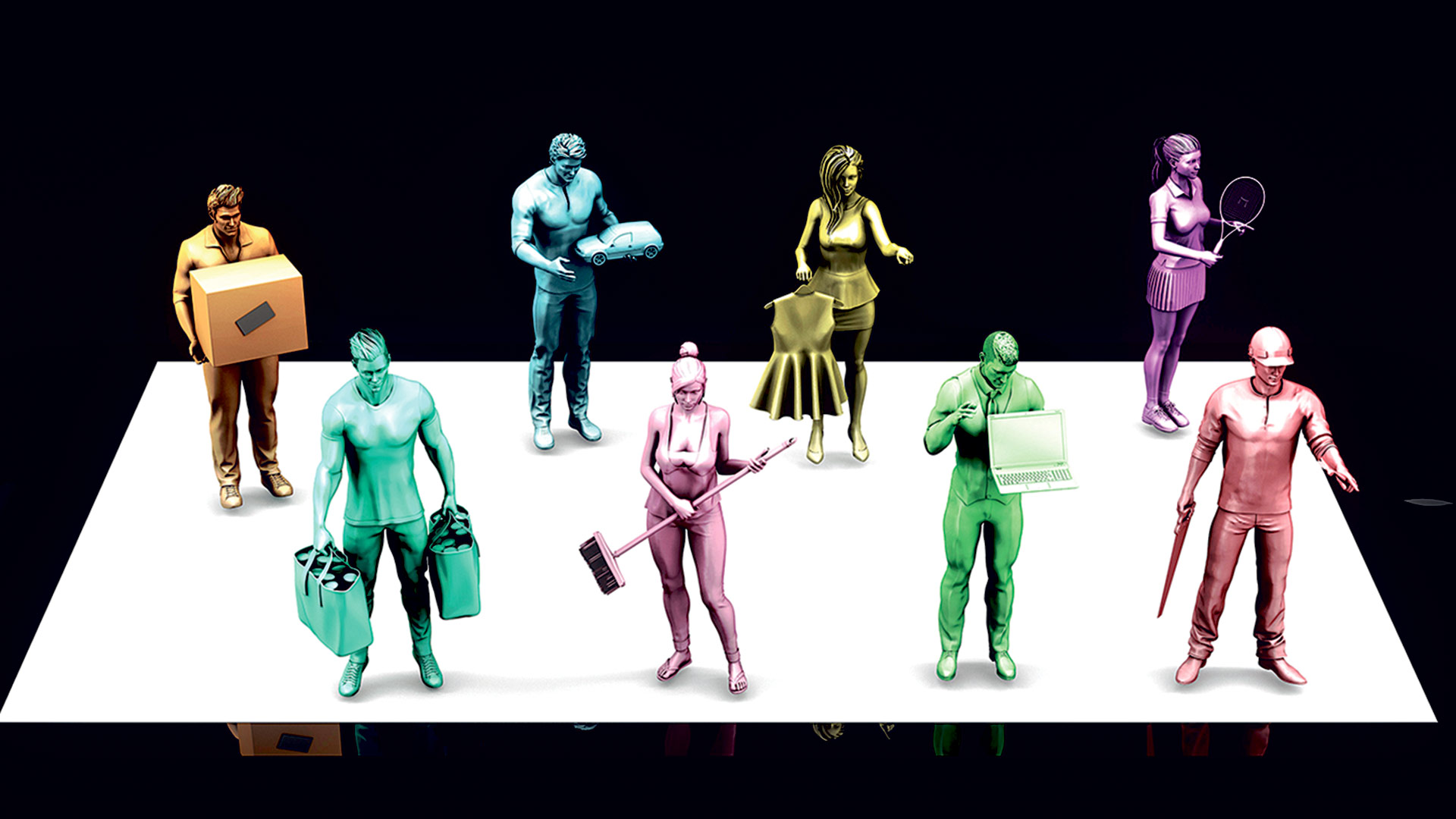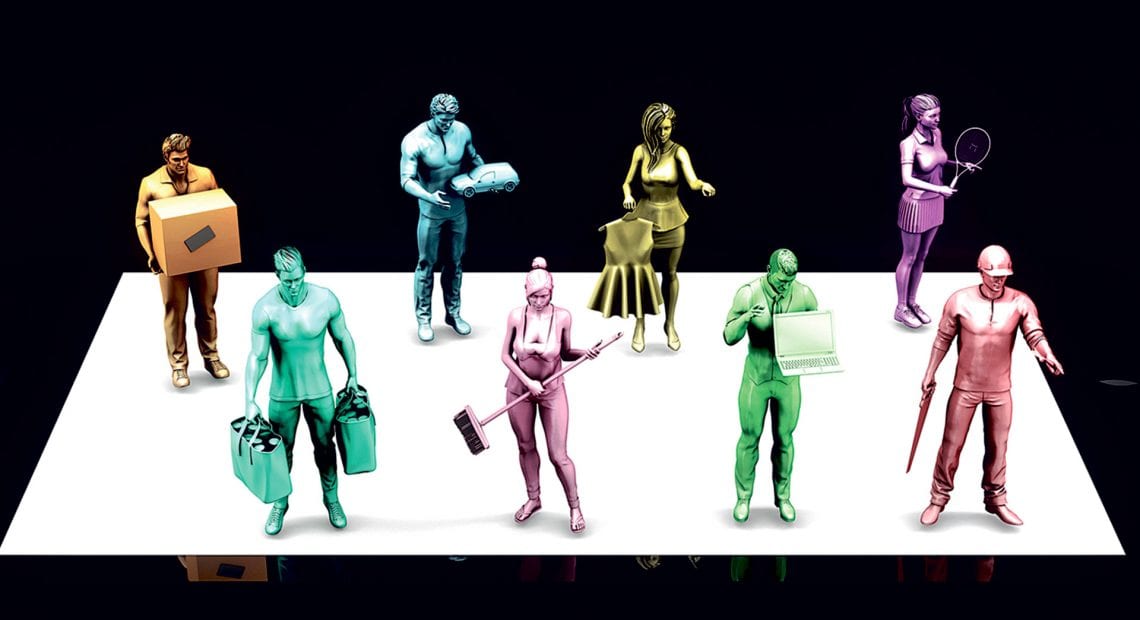Is the Gig Up for Some Workers?
By Amy B. Royal, Esq.

Getty Stock Images
The number of gig workers has been on the rise over the past few years with the advent of many online-platform companies, such as DoorDash, Instacart, and Uber.
The notion of gig workers and a gig-worker-based economy, however, is not new. Whether one refers to such workers as gig workers, freelancers, or broadly as independent contractors, this area of employment law has been a thorn in the side of many businesses for several decades. With the significant and robust growth in the online gig-economy world, the restrictiveness of independent-contractor law on business and business growth, as well as on worker independence, has gotten a new look.
Both a recent victory in the state of California and a new proposed rule from the federal government may be signaling a change in the tide when it comes to the future of independent-contractor law.
Independent-contractor law, especially in Massachusetts, has been very restrictive when it comes to certain business models. Many industries have historically relied on the classification of workers as independent contractors to augment their operations and build capacity as well as to attract workers who want independence when delivering services for them.
For example, traditionally, the real-estate industry has classified real-estate agents as independent contractors. Similarly, tattoo parlors, hair salons, and transportation services have done the same. In these industries, oftentimes, the expectation of the worker is that he or she will be classified as an independent contractor and, thus, have the freedom and flexibility to maintain independence over their own schedule and their own craft.
Indeed, the benefit of such gig work is often mutual: the company can reduce its overhead costs in payroll, benefits, and expenses, while the workers can retain freedom and flexibility over their schedules while garnering higher compensation for the services they deliver.
Earlier this month, California voters sent a message to their lawmakers when they passed a ballot question that exempted app-based drivers working for companies like Lyft and Uber from a California law that had previously made them employees. Earlier this year, a law had taken effect in California that made it clear these drivers were to be treated as employees and, thus, were entitled to certain employment-related benefits and legal protections. The California ballot win is a significant victory for app-based companies that utilize gig workers to deliver services.
Amy Royal
“Whether one refers to such workers as gig workers, freelancers, or broadly as independent contractors, this area of employment law has been a thorn in the side of many businesses for several decades.”
The U.S. Department of Labor (DOL), our federal agency that enforces federal wage-and-hour laws, appears to be trending toward loosening its stance on independent-contractor law as well. This September, the DOL proposed a new rule that establishes two core factors as determinative ones in an overall five-part independent-contractor test. The two core factors are the nature and degree of the worker’s control over the work and the worker’s opportunity for profit or loss based on initiative and/or investment.
Remember, this rule is pending approval and, therefore, is not the current federal law on this matter. Our current federal rule in effect for establishing independent-contractor status is based upon a multi-factor test, which can be confusing in its application, thus prompting the proposed change. The purpose behind the newly proposed rule is to bring clarity to the confusion in the application of the test itself.
Prior to the proposed rule, there was no definitive guidance on how to go about weighing and balancing the various factors and whether there was a prioritization among them. Now, the two core factors proposed should make it easier to assess a worker’s status and, arguably, pave the way for more workers to be classified as independent contractors. The proposed rule seems to recognize the prerogative of workers who want to work independently and maintain freedom from an employer’s day-to-day control over them.
For now, whether a worker is an independent contractor or an employee is a clear question in the Bay State. Massachusetts law utilizes a clear three-part test that is otherwise very restrictive on both businesses and the workers who do not want to be considered employees. In Massachusetts, when analyzing a worker’s status, there is always a presumption of employment. This means the burden is on the company to prove why a worker is not an employee.
To establish that fact, Massachusetts companies must satisfy all three parts of a three-part test: companies must show that the work is performed without the direction and control of the company, outside the usual course of the company’s business, and by someone who has their own independent business or trade in that type of work. Again, all three parts of this test must be met for the Massachusetts worker to be deemed an independent contractor.
Where most companies fail the test is with respect to the second part — that the worker must perform work outside the usual course of the company’s business. For example, with respect to a driver for Uber, arguably, under Massachusetts independent-contractor law, the driver would be deemed an employee; the company is in the business of ride sharing, and the driver is performing that work by driving customers to and from certain locations.
The problem with the misclassification of workers as independent contractors is that it carries with it very stiff penalties and triggers several potential violations of laws. Indeed, misclassification of an independent contractor can create issues with respect to wage-and-hour law, such as minimum wage and overtime compensation, unemployment benefits, workers’ compensation coverage, and certain payroll-tax withholdings.
Furthermore, situations involving the misclassification of workers can give rise to class-action lawsuits. Companies that violate Massachusetts wage-and-hour laws alone are subject to mandatory treble damages for any unpaid wages. In addition, a prevailing employee will be awarded attorneys’ fees and costs of the litigation.
What is the takeaway on all of this for your company? While the law may be changing in other parts of the country, nothing has changed in Massachusetts (so far). Massachusetts law remains very strict and extremely restrictive when it comes to proving independent contractor status. As noted, misclassifying a worker can carry steep penalties and trigger a violation of various laws, as well as class-action claims.
But stay tuned. This area of the law seems to be evolving with the newly proposed federal rule and the California state-law change. It is estimated that, collectively, Uber, Lyft, Instacart, Postmates, and DoorDash spent approximately $200 million to lobby California voters to change their state law on independent-contractor status. That may spark more challenges to independent-contractor laws in other states, including Massachusetts.
Amy B. Royal, Esq. is a litigation attorney who specializes in labor and employment-law matters at the Royal Law Firm LLP, a woman-owned, women-managed corporate law firm certified as a women’s business enterprise with the Massachusetts Supplier Diversity Office, the National Assoc. of Minority and Women Owned Law Firms, and the Women’s Business Enterprise National Council; (413) 586-2288; [email protected]






